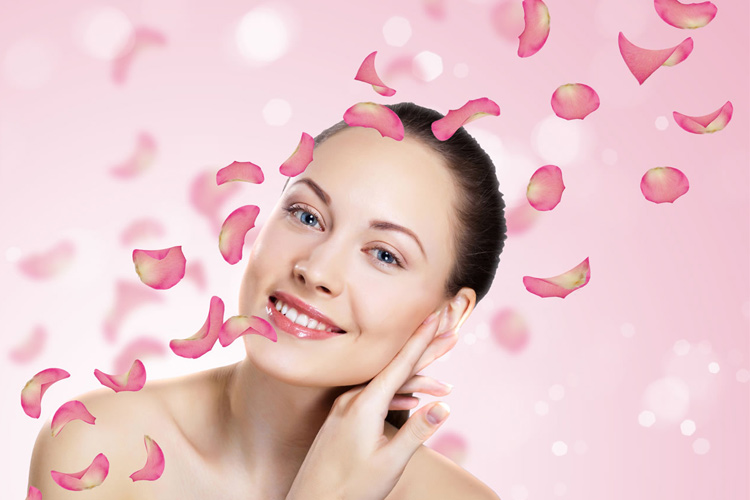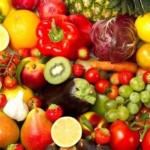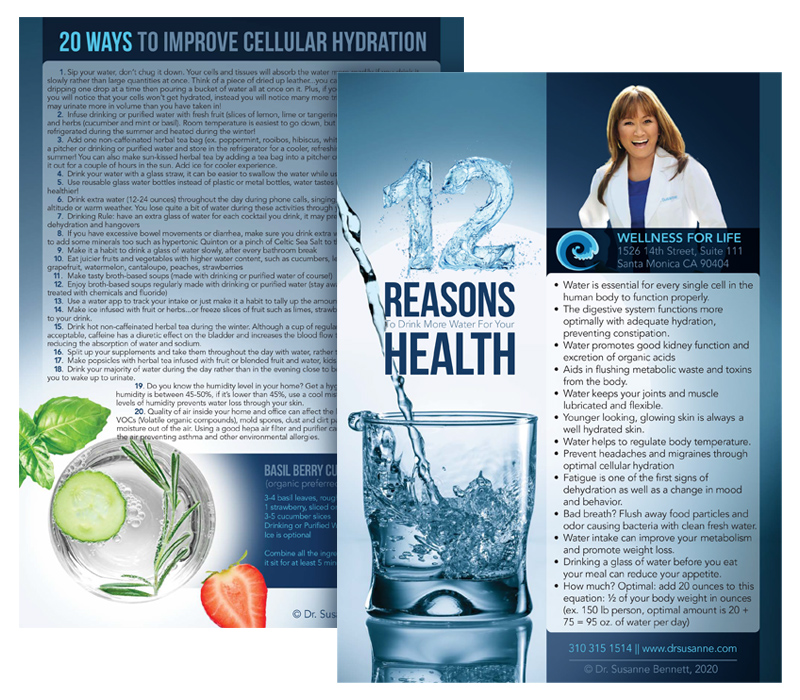I receive a lot of questions from my community about cleanses.
Cleanses have been around since ancient times, and were originally a springtime phenomena. As winter ended, people would want to shed the winter layer of fat that they had accumulated in order to keep warm! In some religions, cleanses and fasting have long been used in support of a path to spiritual rebirth.
Today, most of the popular forms of cleansing limit diet intake in some way for a short period of time. Many have cleanse-specific “boosters” that may be part of the diet protocol, such as herbal laxatives, antioxidants, digestive enzymes, probiotics and other anti-inflammatory supplements. Relaxation techniques may be recommended as well, such as massage, sauna, soaking baths and aromatherapy.
While the body naturally detoxes itself fairly efficiently most of the time, people today are exposed to many more toxins in their everyday life. Environmental toxins from our drinking water, our foods (antibiotics in our meat!), chemicals around the home, even within the skincare products that we slather on… our bodies can easily become stressed and unhealthy from this toxic overload.
The goal of a cleanse is typically one or more of the following:
- Detox body of toxins
- Heal inflammation in GI tract, liver, kidneys and colon (“healthier gut”)
- Reduce food cravings
- Weight loss
- Diet reset: help kick-off a better eating plan
Fasting Cleanses
Fasting cleanses dramatically limit your caloric intake or may in fact be water only. I am not a big supporter of fasting cleanses as this type of cleanse stresses the body, which basically thinks it is starving. No inflammation healing occurs, and there is the possibility for many negative health consequences with nutrient deficiencies (from lack of protein and healthy fats), blood sugar spikes and stalled metabolism. Any weight that is lost will likely be water or lean muscle mass, not fat.
Some people are proponents of intermittent fasting, where you eat your entire day’s food within an 8-hour period and then eat nothing for the next 16 hours. Supporters of intermittent fasting say that it helps them lose weight and feel energized.
Juicing Cleanses
Juicing is a strict dietary regimen of only fruit and vegetable juices. Juicing that is heavy on fruits can be unhealthy as your blood sugar levels can go crazy due to the high fructose in the fruit. Better to focus the majority of your juicing cleanse on organic, nutrient-rich vegetables like green veggies, spinach, kale, cucumber and the like, and maybe throw a small handful of berries in for taste. Dark berries such as blueberries help your liver get rid of certain toxins. Rather than juicing a few times a year as a cleanse strategy, I personally feel that juicing is healthier as part of an ongoing whole food diet.
Liver Cleanses
There are a variety of packaged products as well as “recipes” for drinks to flush toxins through bile ducts and our liver; a mixture of olive oil and lemon juice being just one. I am more of a proponent of regularly eating healthy, non-inflammatory foods that help detoxify the liver naturally. Cruciferous vegetables such as bok choy, broccoli and cauliflower increase your kidney’s ability to transport toxins into the urine, which helps liver cells recover from detoxification efforts. Foods high in sulfur such as kale and Brussels sprouts, and foods high in glutathione such as spinach and carrots, also help with liver detoxification.
Herbs that are helpful for liver detoxification are milk thistle and dandelion root. Dandelion root tea will get your bile flowing! Vitamin E, zinc and selenium and B Complex (which helps with alcohol metabolism) are all helpful in ridding our bodies of toxins. I suggest that a little self-restraint on alcohol, sugar and other liver-impacting toxins is also a great strategy!
Colon Cleanses
Some people do colon cleanses which are herbal remedies, laxatives or enemas focused on cleaning out the colon. There isn’t a lot of research data supporting that this is necessary for a healthy bowel.
Some people opt for a colonic irrigation, also known as colon hydrotherapy. This is when tubing is placed in the rectum and several gallons of water are introduced. Often, the water is combined with enzymes, probiotics or herbs.
Instead of a colon cleanse, I recommend drinking adequate pure water (1/2 your weight in pounds, in ounces daily), increasing your intake of fiber and strengthening your “good” bacteria flora using a good probiotic or through fermented foods like kimchi (Korean spicy pickled cabbage) to help protect your colon.
Detox Cleanses (with specific foods included or specifically eliminated)
Most detox cleanses focus on a diet of specific foods – ideally including healthy proteins and fats – along with nutrients to support the detoxification process and toxin elimination. The best detox cleanses provide a list of foods to avoid (typically allergens like dairy and gluten; caffeine, alcohol, etc.) along with a preferred list of foods that are suggested and geared towards protecting the body’s detox organs. Proportions, caloric intake and supplementation (nutrients, enzymes and probiotics) may also be advised. I favor this type of program as it is anti-inflammatory, supportive of the body’s natural detoxification processes, helps balance hormones and also provides insights as to food sensitivities and allergies!
Allergy Elimination Cleanse
In my practice I recommend my allergy elimination cleanse, as I have found that for most people, reducing exposure to allergens and eliminating toxins in their environment support their body to cleanse and heal itself naturally.
If you look at the cleanse goals referenced above, most professionals suggest that rather than infrequent cleanses, the best approach is long-term lifestyle modification.
Improving upon your body’s natural detoxification, gaining a healthier gut and reducing inflammation…even losing weight, can best be achieved by reducing the toxic load in your environment and your body. This includes ensuring the healthiest nutritional foods, cleaner water and air; cleaning up toxins and allergens in your living environment; using less-toxic personal hygiene products, as well as reducing stress. Along with allergen elimination, I am a big advocate of utilizing your largest detox organ in your body: your skin.
Using Your Skin to Detox: The Perfect Cleanse Companion
The skin is the largest organ of the body and is a major avenue for detoxification! Daily dry skin brushing with a loofa in the direction of your lymphatic system will increase circulation and open up the pores for detoxification.
Sweating is a wonderful detox mechanism. A soaking bath can be a wonderful detoxifier, and can reduce mental and physical stress…. and it feels heavenly!
When having your daily shower or bath, probiotic soap can also be a great way to ensure that only healthy flora on your skin get absorbed. Like oral probiotics or fermented foods (like kimchi), probiotic soap is anti-microbial and helps promote healthier flora on your skin.





